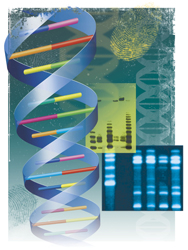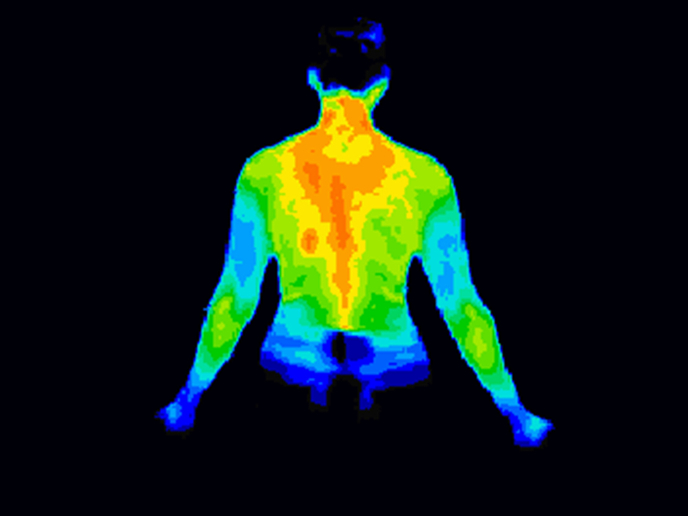Harmonising genetic testing quality standards in Europe
Project partners will set benchmarks for laboratory and health professional accreditation and diagnostic validation as well as for tools for quality management and training activities. Genetic practices covered will include postnatal diagnostic and predictive testing, prenatal testing, next-generation sequencing (NGS) and direct-to-consumer testing (DTC). EUROGENTEST researchers held 10 workshops in different European countries to assist laboratories in accreditation using external quality assessment (EQA) tools. An EQA common template for genotyping and interpretation was developed and data is available on the Orphanet portal. Online registration is also an option for participation. Researchers developed six pilot schemes based on an EQA for non-invasive prenatal diagnosis (NIPD). Project members were instrumental in producing reference materials for molecular pathology EQA schemes through collaboration with the European Molecular Genetics Quality Network (EMQN) and others. National Institute of Standards and Technology (NIST) reference material for Huntington's disease was used to develop an EQA for calibrating assays for this disease. EUROGENTEST2 researchers prepared draft guidelines on new genetic services such as NGS, informed consent, genetic counselling for pre-symptomatic testing and prenatal diagnosis. Review papers on DTC have also been written for publication. Project members developed documents called clinical utility gene cards (CUGCs) for assessing genetic diagnostic tests for clinical utility and good practices information. They have successfully published 57 CUGCs. New CUGCs will be published in the EUROGENTEST newsletter and permanently implemented on the Orphanet rare disease portal. A postgraduate master course has been set up on the topic of quality in health care in collaboration with other major universities. Professionals can attain certification through the 'Quality Improvement Sciences in Healthcare. Improving clinical practice; an evidence based course'. EUROGENTEST2 members were also actively involved in the revision of the ISO 15189 standard and in the modification of the in vitro diagnostic (IVD) regulation. This work will not only assist policymakers but also ensure that the needs of health professionals with regard to European guidelines and regulations are met. Successful project outcomes will improve access to pilot EQA schemes for better quality management and reference materials for rare diseases. Improved and validated genetic testing services will benefit patients and industry as a whole across Europe.







